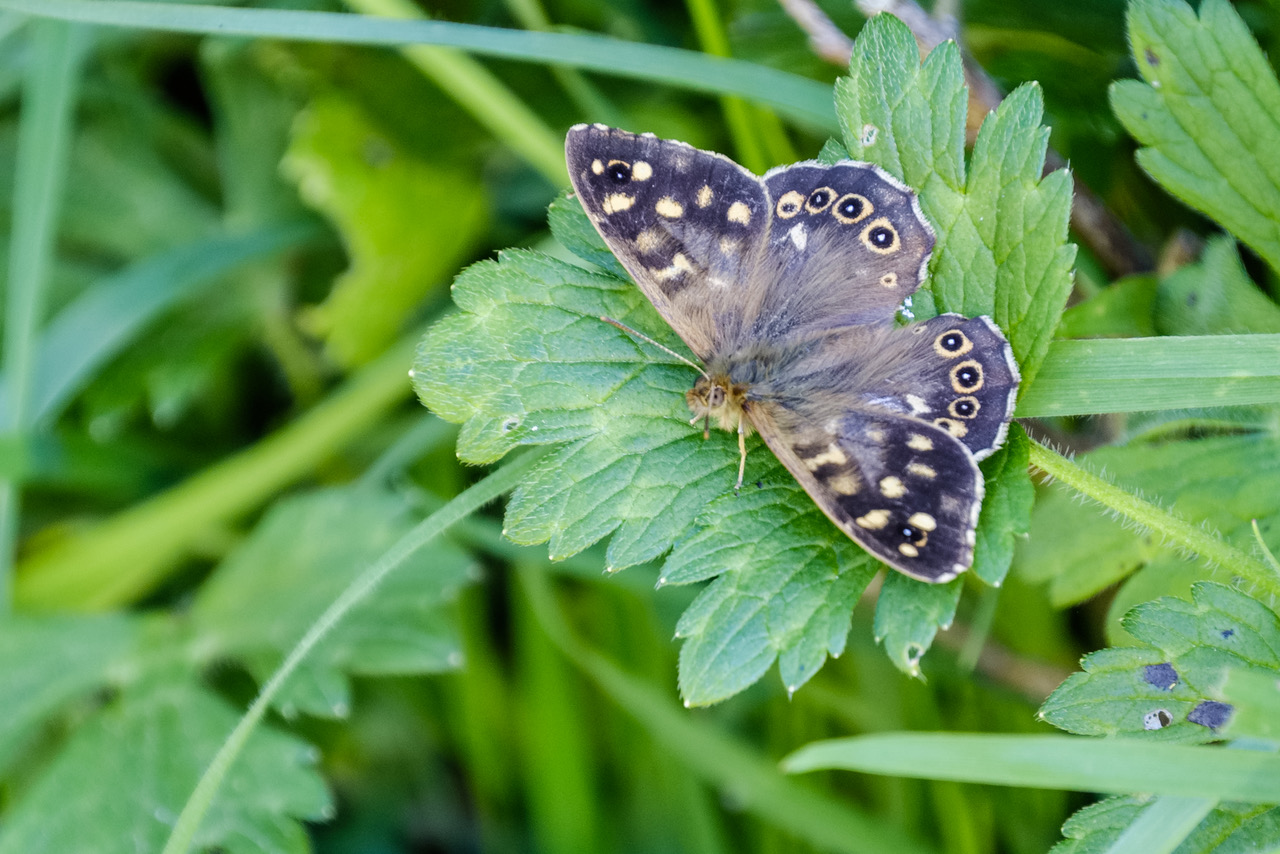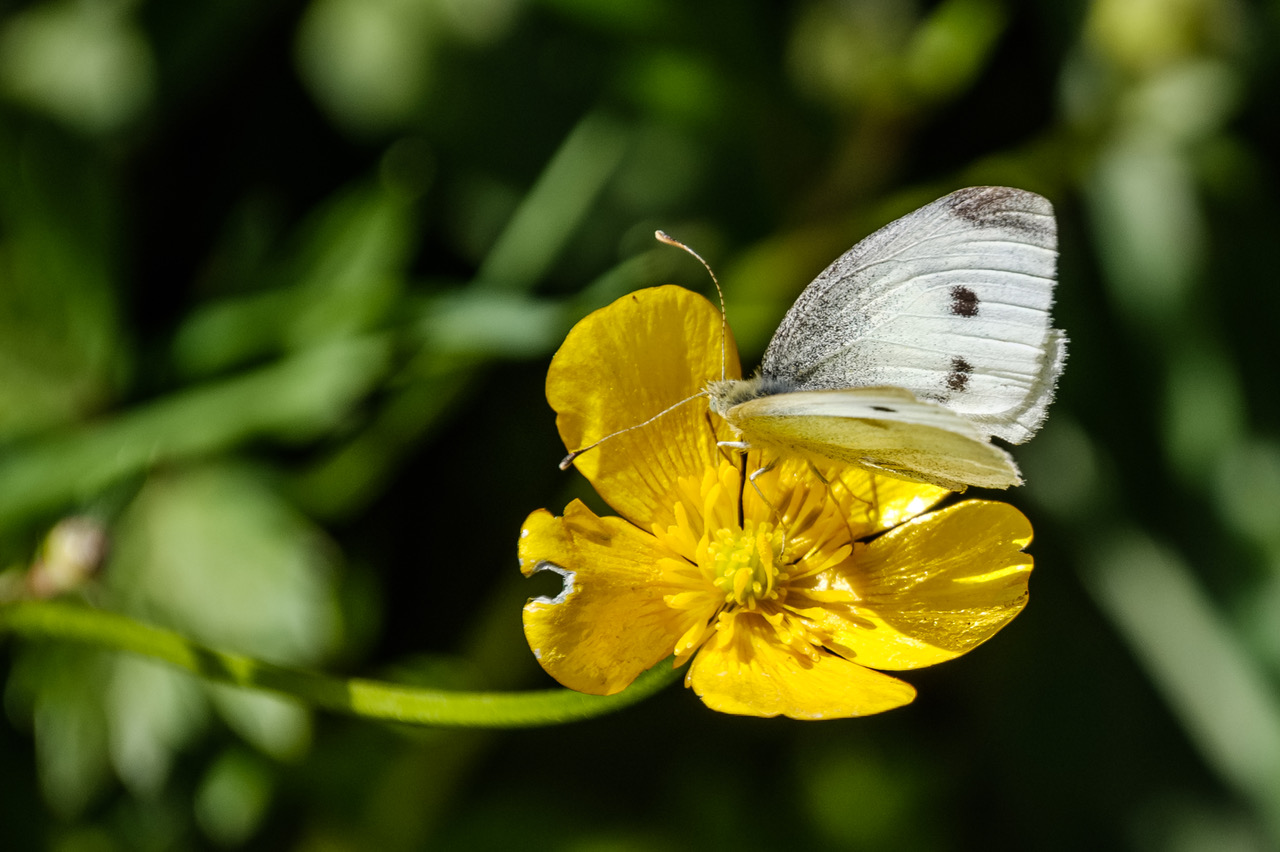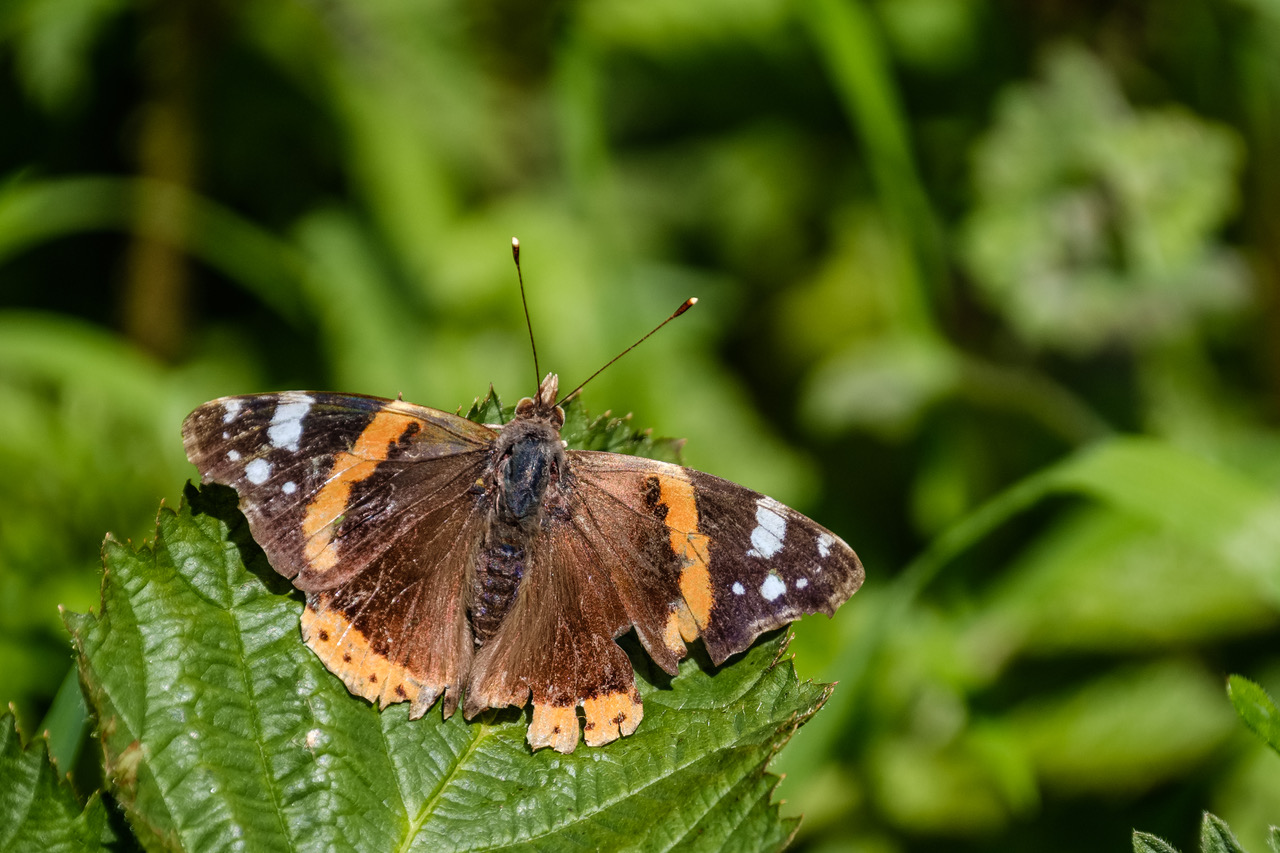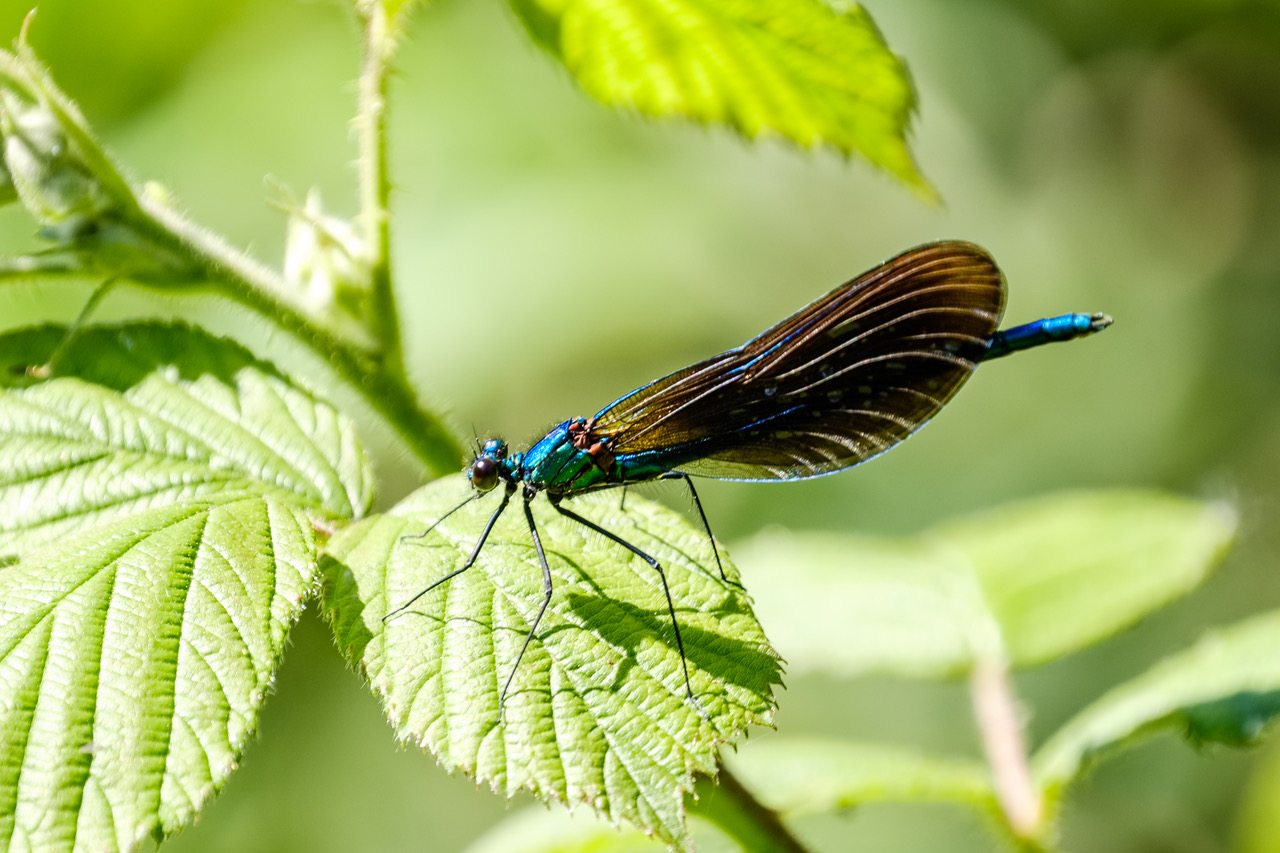Last updated - June 2017

LOST - Indian Blue Peacock. Last seen at Mambury on 15th June and possibly at Land End Cross shortly after. He was calling out at the time he disappeared and he had his full tail feathers. He may have stopped calling and lost his feathers by now as is normal for this time of year. If you have seen him call Lesley on 01409 241653



Woolsery Show 2017
Many of the Putford residents are involved in the Woolsery & District Agricultural Show, whether as organisers, exhibitors or visitors enjoying a family day out. The Chairman is Pat Martin and the new secretary is Andrée Carter with several other Putford people on the 50 strong show committee. The show is run by volunteers and a sizeable donation is given to the President’s chosen charity. The show welcomes around 5000 visitors each year and it is held on the last Monday in July, which is 31st this year. The Hon. John Rous kindly gives permission for the show to be held at Clovelly Court and the site provides probably one of the most scenic showgrounds in the country. Why not come along and spend an enjoyable day out seeing the best local livestock, horse and pony competitions, including the ever popular interhunt relay, the family dog show and much more!
The Woolsery & District Agricultural Show schedules are now available. Entries close on 3rd July (handicraft entries close on 22nd July). The schedule lists all cattle, sheep and horse classes and entry forms can be found on line at www.woolseryshow.org.uk or copies are available from the Secretary Mrs Andrée Carter on 01409 240328 or woolseryshow@hotmail.co.uk. You can download the full schedule here.
The handicraft marquee has exhibits of cookery, vegetable and fruit and many local children enter the classes for their age group. Download the schedule here and the entry form here (or go to www.woolseryshow.org.uk).
Putford Chapel - the story behind some of the graves
Joseph Wood was born in London on November 12th 1818. His mother relocated to Swimbridge (Cobbaton) when she was widowed, so Joseph spent much of his youth near Barnstaple. As a child he was quiet, gentle and meek, but once he took up an apprenticeship in his teens, he was - for a few years - rather more worldly-minded. However, realising that this lifestyle gave him no joy, he turned back to his earlier religious roots.
After a few years he moved to Exeter where he worked in a large business, and he also worked in Somerset where he became a local preacher. He was invited to go to Islington to be trained for the Church of England Foreign Mission, but declined because he could not subscribe to all the doctrines associated with the Anglican Church.
He joined the Wesleyan Methodist Society in about 1840, becoming a Sunday School teacher and preacher, then linked up with the Exeter Bible Christians in 1845. He typically spent a year in each posting thereafter, over the next few years working in Pontypool, Chatham, Torquay, Sheerness, Holsworthy, Shebbear, Launceston and the Scilly Islands.
While he had times when he felt quite elated about his work, he was also sometimes overwhelmed by the scale of social problems around him, particularly the drunkenness and associated wickedness he noted in the ports that he visited. “It seems to me that I shall never do anything worth doing, or know anything worth knowing”. Yet he still managed some wry humour on occasion “I am no advocate for noise and show in religion…but to preach to a people where, if you would like to hear an “amen” you have almost need to pay a clerk….is almost heartbreaking”. He was a lucid writer who several times contributed to the Bible Christian magazine - he also apparently had a great enjoyment of statistics, and compiled and published a mass of figures relating to the slums of London when he was attempting to raise funds locally for the evangelisation of the capital.
In 1850 he started his ministry in the Bideford area, and was minister of a Bible Christian chapel in Silver Street Bideford. Then in 1852 he married 25 year old Lizzie Osborn, who lived with her parents at Higher Stockbridge just over the Putford bridge, where her father James was a tailor. She had worked for some years as a dressmaker, but by the time of her marriage was a schoolmistress.
They moved to the Scilly Islands where their first son (Joseph) was born in 1854, and their second child, James, was born in Aberavon, Glamorgan (now part of Port Talbot) in 1856. It was during 1856 that Joseph caught a severe cold while travelling to assist with missionary meetings, and he became ill with an inflammation of the lungs. He had to give up travelling and preaching, and so the family returned to Putford, where their third son Henry was born in 1858. By the time their last child, Elizabeth, was born early in 1860 Joseph was too ill to baptise her.
On 28th June 1860 Joseph died aged 41. His death was witnessed by his friend and neighbour John Fry, who was also registrar for the area, and who certified the cause of death as “phthisis” (an old word for inflammation of the lungs). His daughter died a few days later from pneumonia, and Henry died in October of the same year from phthisis. The three of them are buried at the front of Putford chapel.
Lizzie remained for some years in Putford with her father and 2 oldest sons. She contributed to an obituary to her husband describing him thus: “My dear husband was affectionate and sympathetic. While reviewing the past, those few years in which I enjoyed his companionship appear like a pleasant oasis in the great desert of life. As a father he was kind; not blind to the faults of his children, but endeavoured to train them up in the way they should go. As a friend he was sincere and faithful. He was naturally reserved, consequently, did not outwardly manifest his affections as some do; and those who knew little of him may have thought him cold and distant; but there was an under-current of strong, deep, warm feeling, which those who were intimately acquainted with him could not fail to discern and appreciate”.
In later years, her older son Joseph lived in Bideford for some time, then moved to Bicester near Oxford where he worked as a solicitors clerk. He married, but died at the age of 38. James moved to Wigan where he became a medical dispenser. After her father died Elizabeth lived in Bideford for a few years, then relocated to Torrington where she was joined by James. They lived in Mill Street until James died at the age of 39, then she moved to South Street. Elizabeth died in 1903, aged 76, and is buried in Torrington cemetery with her son James.
Chris Theobald

Common Moor
Common Moor is one of a few remaining sites of a type of wet heathland restricted to North Devon and Pembrokeshire and was designated a Site of Special Scientific Interest in 1988 in an attempt to protect its unique features. It is referred to as a ‘Culm grassland’ which is the local name given to species-rich wet mire, grassland and fen habitats found on the clay soils of north-western and central Devon and north-east Cornwall. All Culm grasslands are nationally important as this type of habitat is rare: North Devon holds more than 80% of the Culm grassland left in England.
Unfortunately, it has deteriorated over the years and the loss of plant diversity since its original designation means that it currently holds the SSSI status of ‘Unfavourable Declining’ with Natural England. The site is at risk of being taken over by scrub in the future if the lack of management continues and this would change the local landscape physically in terms of the views available but also ecologically.
Spring Wildlife in Putford
(Pictures taken by a recent visitor to Putford)

Landowners working together in the Torridge headwaters
The Torridge Headwaters Facilitation Fund Project, in North West Devon, started in summer 2015. The group is now 71 landowner members strong and they have delivered 24 farmer workshops attended by 213 people. The coordinator of the project, Devon Wildlife Trust’s, Matt Holden, reports on the project aims and how things are going.
“The aim of this Natural England funded project is to develop a collaborative, landscape scale approach to sustainable land management that supports wildlife, protects water quality and celebrates the landscape and history of the area. It is about discovering what we can achieve if we work together as a farming group, whether it is to share land management knowledge, new ideas, useful equipment or improve habitats for wildlife.
Whilst I coordinate the project the principle behind facilitation projects is that they are farmer led. Our initial launch event therefore explored what topics are of interest to the group. The project focus is on delivering one-to-many advice through workshops and training so this discussion enabled an events programme to be developed according to member interests. This ranges from hedgerow management through to Countryside Stewardship advice. Often the workshops cover practices that directly benefit both the environment and farm business. For example our next workshop is at North Wyke research farm on ‘Optimising productivity, nutrient uptake and soil health’.
The group represent a variety of farms from large diary through to organic beef and sheep. Membership is free and is open to all those who own land in the project area. The key benefits are access to the free workshops, sharing knowledge, advice on grants available and a 20% uplift in points if applying for Mid-Tier Countryside Stewardship.”
You can read more in the latest project newsletter. Download it here.
For further information please visit www.devonwildlifetrust.org/northern-devon-NIA/torridge-headwaters or contact Matt Holden. T: 01409221823 E: mholden@devonwildlifetrust.org







